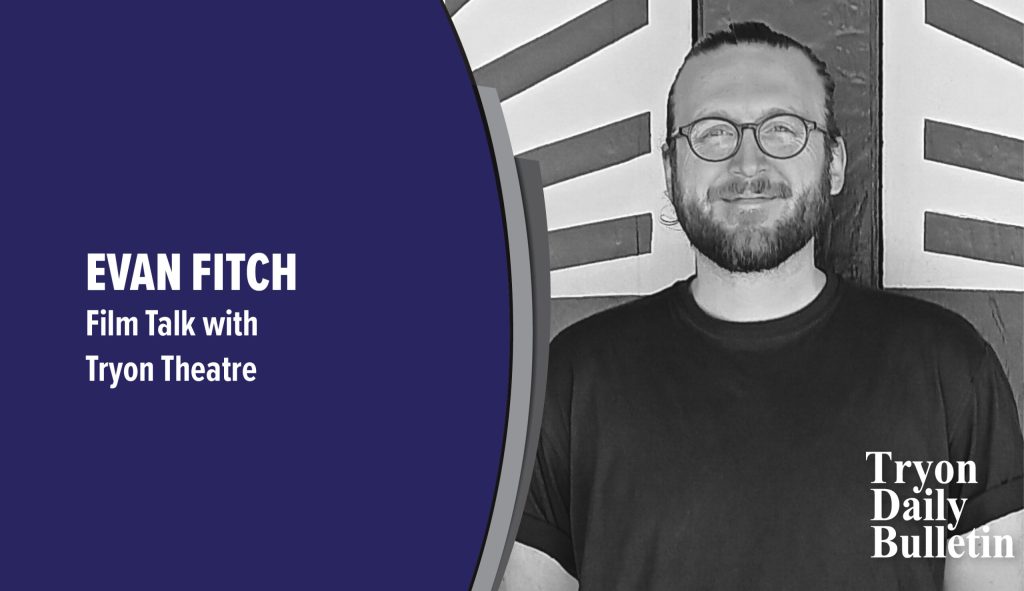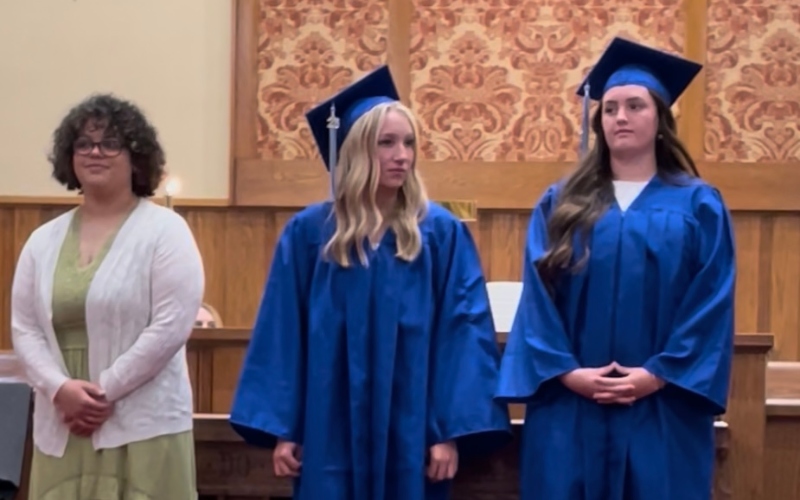Drama and intrigue on display in “Conclave”
Published 8:52 am Tuesday, December 3, 2024
|
Getting your Trinity Audio player ready...
|
This week at the Tryon Theatre is “Conclave,” a tremendously well-crafted film that will certainly end up on the shortlist for Oscar contention, most notably in recognition of the pristine performances from the cast.
Ralph Fiennes leads the cast as the film’s protagonist, giving an arguably career-best performance as Cardinal Lawrence, a man possessed by a passionate sense of justice matched only by his sense of compassion. This film’s title refers to the formal name given to the process of picking a new pope, wherein a “papal conclave” of Cardinals (the highest rank of catholic bishops) convenes upon the death of a pope to elect the new successor, their decision irrevocably shaping the coming decades of Catholicism.
“Conclave” exists in rare territory for a film. The subjects of discussion and the depth of their implications are weighty and mature, while the actual images and dialogue are remarkably restrained. Ultimately, this film secured a PG rating, a credit to its masterful writing, generating gut-turning tension and a firmly gripping plot despite the piety of the film’s characters. Additionally, while this film’s setting is decidedly religious, the film itself is not necessarily religious or proselytizing in its message. Rather, this secretive world within The Vatican provides an incredibly effective backdrop for a political thriller (with “political” referring to the internal Vatican election, not American partisan politics).
As the film starts, the most recent pope has passed, and Cardinal Lawrence has been tasked on the pope’s deathbed with organizing the proceeding conclave, as well as conducting secretive audits on all of the potential candidates, hoping to uncover any skeletons in their respective closets. Lawrence cuts a classic priestly figure in his psychological disposition, a competent schemer but one whose effectiveness in politics is undercut by the sincerity of his belief.
Much of the audience’s pleasure in this tightly wound film is peeling back the layers with Cardinal Lawrence, his own investigation concurrent with our knowledge of the situation.
“Conclave” prides itself on the groundedness of its performances but honestly treads into some cinematic cheese as it builds and delivers its tension—a point made in praise for how successfully the film incorporates these wilder plot contrivances into a narrative that feels authentic and intelligent.
Like many Vatican-centric stories before it, this film features a roster of characters who are all uniform in their religious institution of Catholicism but drastically varied in their personal interpretations of what it means to be a good Catholic. Heroic and villainous behavior are equally on display, the duality of humanity laid bare within the same belief system.
This is not a film that explicitly condones or condemns Catholicism at large but simply utilizes that complex world to tell a compelling and intricate story. “Conclave is a decidedly entertaining and engrossing work of cinema, one that we hope to share with you all soon!






